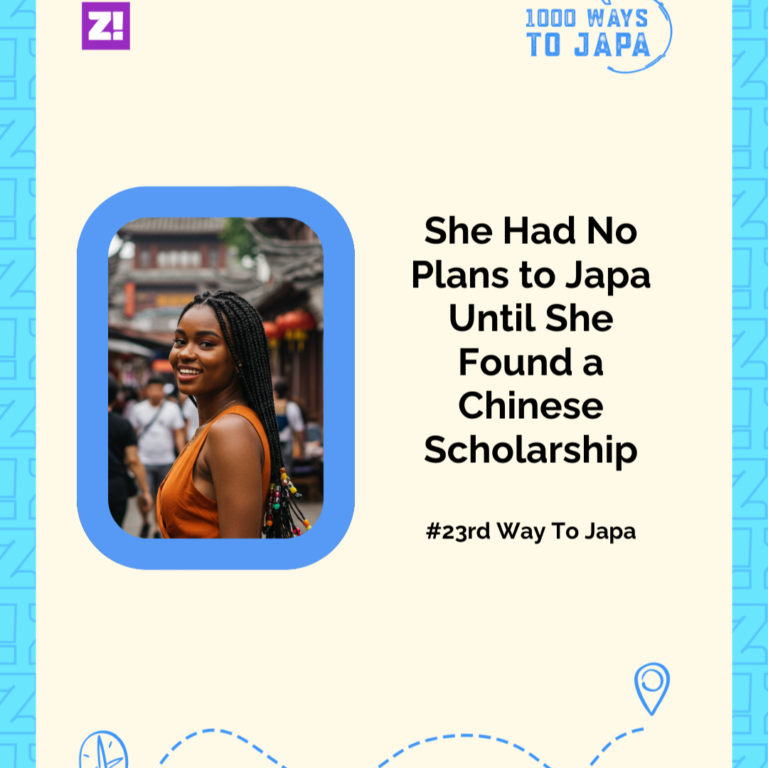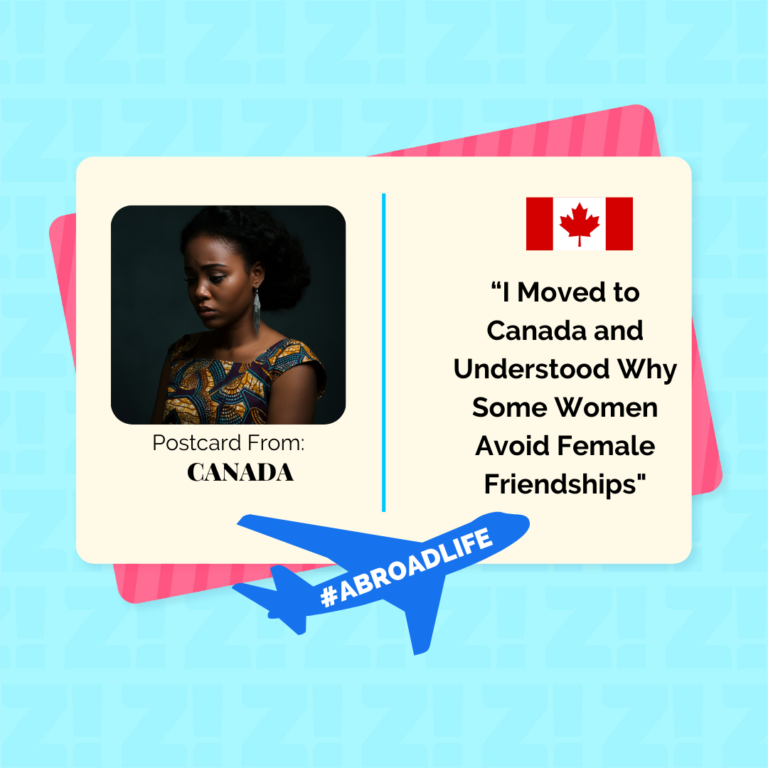The Nigerian experience is physical, emotional, and sometimes international. No one knows it better than our features on #TheAbroadLife, a series where we detail and explore Nigerian experiences while living abroad.
Abike (24) left Nigeria with hopes of later returning home as a doctor. But when the Ukraine war started, her goal shifted to simply making it out alive. In this story, she shares how she lost some of her friends in a stampede and found shelter in Hungary.
Where do you live right now, and when did you move from Nigeria?
I live in Budapest, Hungary, and I left Nigeria in March 2021.
Why Hungary?
In 2020, I took the undergraduate exam at University of Ibadan with the hopes of studying medicine. But I missed the cut off mark by a few points. So my parents suggested that I study abroad. By December 2020, I was applying to study in Ukraine.
Ukraine?
Hungary wasn’t my first destination. It was actually Ukraine. I moved to Hungary through an unusual route.
Why?
The war started in Ukraine, and like many other Nigerians, I ran for my life. Before that I was just starting to get used to my new life in Ukraine. The most drastic change for me was the weather — coming from Lagos, where it’s much hotter, the cold felt unbearable. But to my surprise, people were wearing shorts while I was convinced the cold would kill me. Still, compared to Nigeria, Ukraine was a nice country. I was there for over a year and even made a few Ukrainian friends.
How did you end up in Hungary?
When the war started, I was living in Kharkiv, one of the first cities to be hit. That morning, chaos broke out. The airspace was locked, meaning no flights could leave. My friends and I, about five of us living in the hostel, rushed to the metro station, where we stayed for five days. The metro, being underground, had turned into a makeshift bunker.
At first, we didn’t plan to leave Ukraine. My parents advised me to move west, away from Kharkiv, which bordered Russia. So, we took a 20-hour train ride to Lviv, where we stayed for two days, trying to figure out our next move. Unfortunately, I got separated from my friends due to the stampedes whenever a train arrived.
I met some other people, and we decided it was no longer safe to stay in Ukraine at all. We got on a train heading further west and eventually crossed into Hungary. From there, we were taken to Budapest, where the immigration office processed our arrival.
Many Nigerians who left Ukraine chose to return home. Why didn’t you?
Going back to Nigeria was never an option for me. My dad and I discussed alternatives, and we initially considered the United Kingdom. However, leaving the European Union would have meant applying for a new visa, which is a long and difficult process.
Since I already had a Ukrainian residence permit, it made more sense to stay within the EU. The priority was to find a way to transfer to another university, so I focused on that.
How easy was it to settle down in Hungary?
Honestly, the first five months felt like I was just going through the motions. I followed instructions, went where I was told, and tried to figure things out. But the kindness of the people here helped a lot. We were taken to a hotel the night we arrived because the migration office was closed.
People had donated food, toiletries, and essentials, so we didn’t have to worry about basic needs for the first month. The real challenge was figuring out our legal status since we weren’t Ukrainian citizens. Those with only Ukrainian visas had to leave. But because I had a residence permit, I was eligible to apply for one in Hungary — as long as I got accepted into a university here. That became my next goal, but it didn’t go exactly as planned.
Were you able to transfer to a Hungarian university, or did you start from scratch?
Unfortunately, I had to start over. My Ukrainian university refused to release my transcripts. That was when I learned the hard lesson of always collecting physical copies of my transcripts at the end of every semester. Without my transcripts, my new university in Hungary couldn’t transfer my credits. So, even though I was already in my second year in Ukraine, I had to start again from the first year..
How did it feel to start over?
At first, it was frustrating. However, after attending a few classes in Budapest, I realised that the education system here was much more practical than what I had in Ukraine.
In Ukraine, everything was theory-based, but here, we had practical learning from the first class. In hindsight, I was grateful for the fresh start because I might have struggled if I had continued from my second year.
Interesting. Did you experience any culture shock when you moved to Hungary?
The biggest shock was how easy it was to communicate in English. In Ukraine, I had to learn some Ukrainian to get by, especially for things like banking. Most people speak English here in Budapest, so things were much easier.
Another difference is the weather. Kharkiv was extremely cold — it started dropping to single digits in September, and by November, we were already dealing with negative temperatures. Budapest, on the other hand, has a milder winter. The lowest temperature I’ve experienced here was around zero degrees.
They also a lot of PDA here — people make out everywhere, sometimes right next to you. And then there’s the smoking. I don’t smoke, but it feels like everyone else does.. Your teachers smoke, your classmates smoke, your professors smoke, your doctors smoke — everybody’s smoking.
What’s the Nigerian community there like?
There’s a nice Nigerian community here, but it’s quite different from Ukraine. In Ukraine, most Nigerians are students, while in Hungary, many are working professionals or adults with family responsibilities. There aren’t as many Nigerian students here.
I attend the Redeemed Christian Church, which has a large African population. We usually organize get-togethers and outreaches. Nigerians are naturally welcoming, so finding a sense of community is easy. There’s just a chance that you’ll meet more grown-ups here than people in your age bracket.
How different is your life now compared to when you lived in Nigeria?
The biggest difference is independence. Back home, I didn’t have to handle everything alone, but now, I do. It’s a lot of responsibility, but it has also made me more self-sufficient.
Do you have plans to explore other countries?
I’m considering relocating to the UK, Ireland or Australia when I’m done with my education here. The good thing is that my Hungarian degree is recognized in any EU country. I’m studying medicine, so I don’t need to take any special exam before I’m allowed to practice in the EU. But that’s my long-term plan. For now, I’m focused on visiting different countries. The last place I went was to Berlin, and the only thing I had to spend a significant amount of money on was my accommodation. It’s cheaper and easier to explore the world from here. If it’s within the EU, I don’t need to worry about paying for a visa.
On a scale of one to 10, how happy are you in your new country?
Eight. My life is good, especially when compared to my life in Nigeria.
Do you want to share your Abroad Life story? Please reach out to me here. For new episodes of Abroad Life, check in every Friday at 12 PM (WAT).




